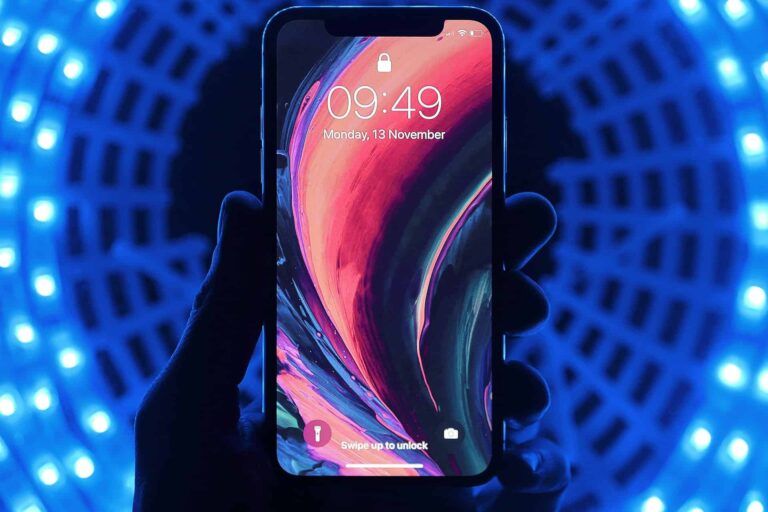6 Easy Ways to Maximize traffic to your Blog

Creating an online store that’s as user-friendly as a well-trained golden retriever is crucial for turning casual browsers into loyal customers. Here are six proven strategies to ensure your e-commerce site is both delightful and efficient:
1. Simplify Navigation: Avoid the Digital Corn Maze
Imagine your customer is on a quest for the perfect pair of socks. If they end up knee-deep in scarves instead, you’ve got a navigation nightmare on your hands. Keep your site structure logical:
- Logical Grouping: Place similar items together—socks with socks, scarves with scarves. It’s not rocket science, but you’d be surprised how often this gets tangled.
- Clear Labels: “Funky Feet Coverings” might sound jazzy, but “Socks” is what people are searching for. Save the creativity for your product descriptions.
- Breadcrumbs: No, not the kind Hansel and Gretel used. These handy navigation aids show users exactly where they are on your site.
- Search Functionality: Sometimes, folks just want to type “polka dot socks” and be done with it.
2. Showcase Products Clearly: A Picture is Worth a Thousand Returns
We’ve all been duped by misleading product photos. Avoid customer disappointment by:
- High-Quality Images: Provide multiple angles, show every color option, and for clothing, display items on real people. We need to know if that shirt makes arms look like sausages wrapped in fabric.
- Detailed Descriptions: Don’t just say “100% cotton.” Tell us if it’s softer than a kitten’s belly or if it’ll shrink to doll-size after one wash.
- Customer Reviews and Photos: Encourage buyers to share their experiences. Nothing builds trust like seeing real people using your products (and looking slightly less photoshopped than your models).
3. Streamline Checkout: Keep It Short and Sweet
A lengthy checkout process can feel like running a marathon in flip-flops. Ensure a smooth transaction by:
- Reducing Form Fields: Do you really need to know my favorite ice cream flavor to sell me a toaster?
- Offering Guest Checkout: Not everyone is ready for a committed relationship. Sometimes, it’s just a one-time fling.
- Showing Progress: Let customers know how close they are to completing their purchase. It’s like those “You Are Here” maps in malls, but less depressing.
4. Optimize for Mobile: Think Beyond the Desktop
With 79% of smartphone users making purchases via mobile devices, your site needs to be more responsive than a cat to a can opener:
- Responsive Design: Your site should look good on everything from a smartwatch to a smart fridge.
- Touch-Friendly Elements: Buttons should be big enough for even the clumsiest of thumbs.
- Simplified Navigation: Nobody wants to feel like they need to be a member of the FBI just to find the “Contact Us” page.
5. Personalize the Experience: Make Shoppers Feel Special
Personalization is like remembering your friend’s coffee order—it shows you care. But there’s a fine line between thoughtful and creepy:
- Product Recommendations: Suggest items based on browsing history or past purchases.
- Tailored Email Marketing: “Hey [NAME], we thought you might like this” is way better than “Dear Valued Customer.”
- Remember Preferences: If they always sort by price: low to high, maybe do that automatically next time.
6. Embrace Inclusive Design: Accessibility for All
Designing for all users isn’t just nice; it’s essential. Ensure your site is welcoming to everyone by:
- Color Contrast: Make sure your text is readable. “Neon yellow on white” isn’t a color scheme; it’s an eye exam.
- Keyboard Navigation: Some people can’t use a mouse. Make sure your site is navigable with just a keyboard.
- Clear Error Messages: “Oops, something went wrong” isn’t helpful; it’s annoying.
By implementing these strategies, you’ll create an online shopping experience that’s as enjoyable as finding an extra fry at the bottom of the bag.



